The Climate Fund for Nature will mobilize resources from the fashion and beauty sectors to protect and restore nature. This is one of the fashion industry's solutions to respond to climate change.
According to multiple studies, the fashion industry is responsible for 10% of global annual emissions and 48% of its supply chain is linked to deforestation. The industry also has a major negative impact on biodiversity due to chemical use and microplastic pollution.
On the other hand, extreme weather is posing a threat to the fashion supply chain by limiting access to raw materials. The estimated damage could be as high as $65 billion.
Among the many challenges facing the fashion industry due to climate change, sourcing natural fibres and materials may become more difficult, and diversifying supply chains is only a temporary solution. From cotton to cashmere, many natural fibres and textiles are becoming increasingly difficult to meet demand.

Cotton farming is affected by drought in many countries (Photo: Common Objective).
At the 24th Conference of the Parties to the United Nations Framework Convention on Climate Change (COP24) in Poland in December 2018, the fashion industry adopted an agreement on combating climate change with commitments from representatives of 43 leading global brands such as Adidas, Guess, H&M, Levi Strauss&Co, Puma and many fashion, textile and logistics associations.
The parties have committed to action to reduce the impact of climate change along the entire production chain. The agreement invites new members to join, and sets an initial target of reducing greenhouse gas emissions by 30% by 2030. Members have also agreed to phase out coal-fired boilers and other coal-fired activities by 2025.
The luxury fashion sector is backing a number of initiatives, led by French conglomerate Kering’s Renewables for Nature Fund, which supports agricultural projects around the world that seek to transition from current farming methods to regenerative ones. Kering aims to reduce its environmental impact by 40% by 2025.
The Renew for Nature Fund aims to restore 1 million hectares of farms, producers of raw materials for the fashion supply chain. With a view to positively impacting biodiversity, the fund also provides grants to farmers, NGOs and fashion industry stakeholders to develop agricultural change.
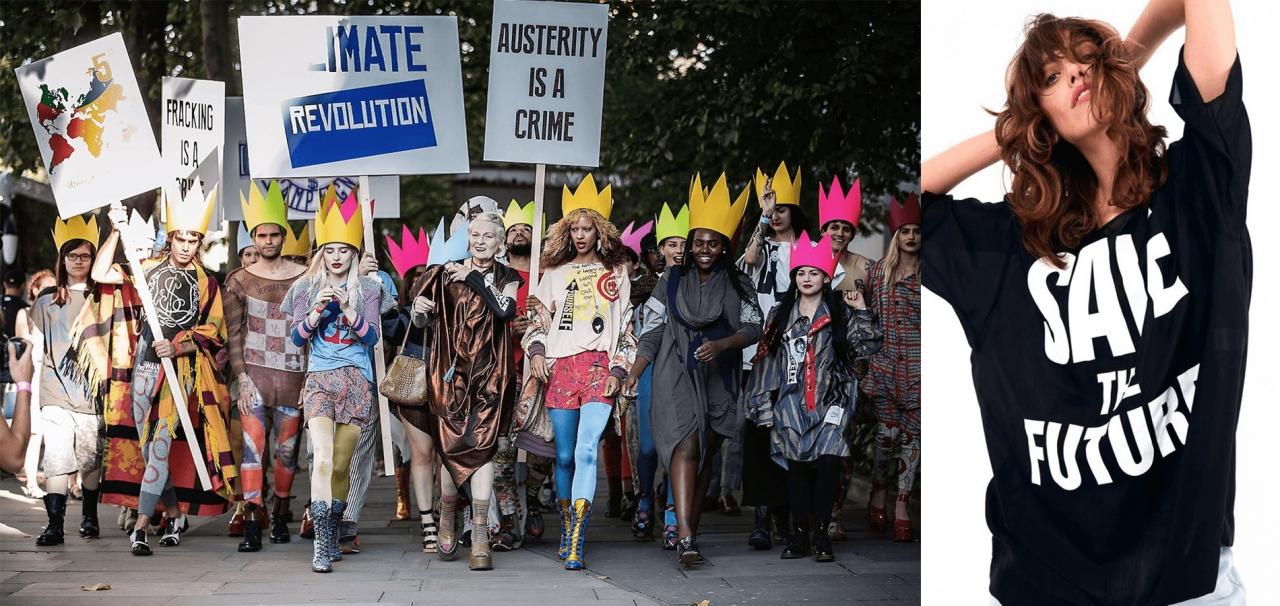
March to demand fashion industry join the fight against climate change (Photo: Common Objective).
In late 2022, Kering Group will partner with French fashion group L'Occitane to establish the Climate Fund for Nature to protect biodiversity and promote regenerative agriculture practices in the fashion supply chain... This fund will mobilize resources from the fashion and beauty sectors to protect and restore nature. "This climate fund will create an opportunity for the luxury fashion and beauty industries to work together to support biodiversity restoration and conservation on a large scale," said Marie-Claire Daveu, Kering Group's Chief Sustainability and Institutional Affairs Officer.
Kering and L'Occitane have jointly pledged €140 million to the newly created climate fund (contributions of €100 million and €40 million respectively). The plan is to attract additional investors to reach the €300 million target, and will invite other luxury fashion and beauty companies to join and scale up the fund. Operations will begin in the first quarter of 2023 and projects will take place in countries where investors source raw materials, including Latin America, Africa and Asia. The fund will support the development of nature-based solutions to combat climate change.
Kering and L'Occitane emphasize that their fund supports and protects natural carbon sources, and that the majority of restoration and protection projects include “afforestation, reforestation, restoration of important natural ecosystems, such as mangroves or natural regeneration, as well as regenerative agriculture and agroforestry projects. A small number of projects will also involve forest protection and avoided emissions.”
Khoi Nguyen






![[Photo] President Luong Cuong receives delegation of the Youth Committee of the Liberal Democratic Party of Japan](https://vstatic.vietnam.vn/vietnam/resource/IMAGE/2025/8/22/2632d7f5cf4f4a8e90ce5f5e1989194a)
![[Photo] Prime Minister Pham Minh Chinh chairs the conference to review the 2024-2025 school year and deploy tasks for the 2025-2026 school year.](https://vstatic.vietnam.vn/vietnam/resource/IMAGE/2025/8/22/2ca5ed79ce6a46a1ac7706a42cefafae)





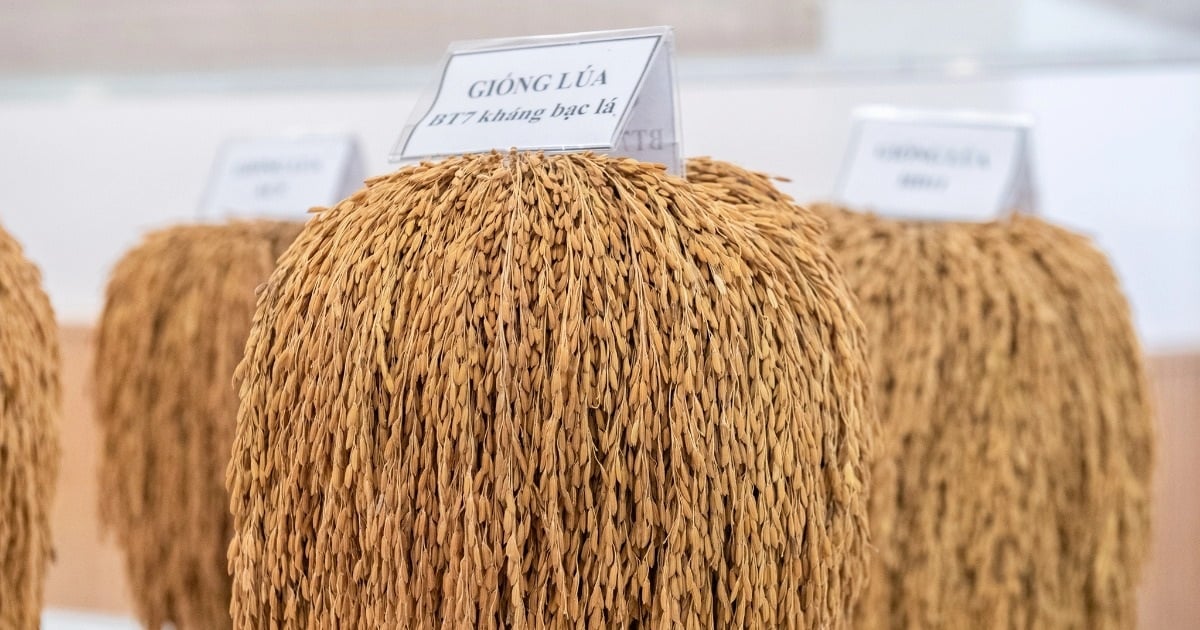











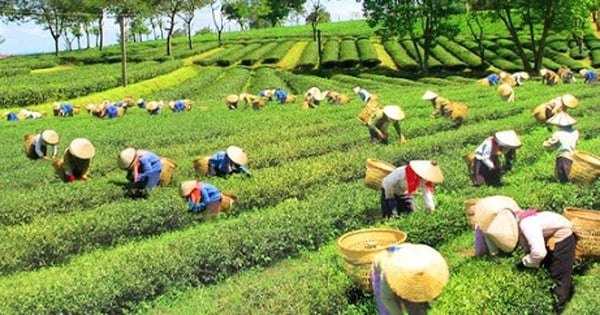





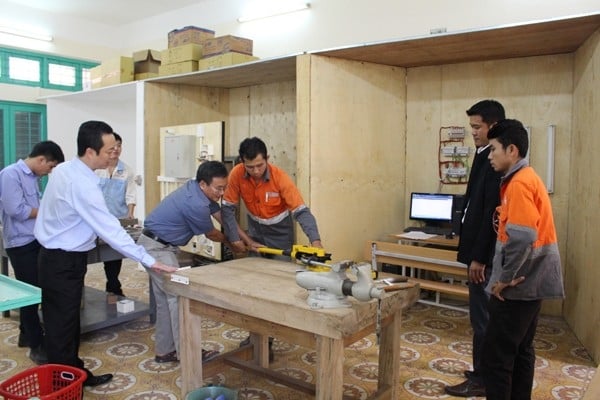
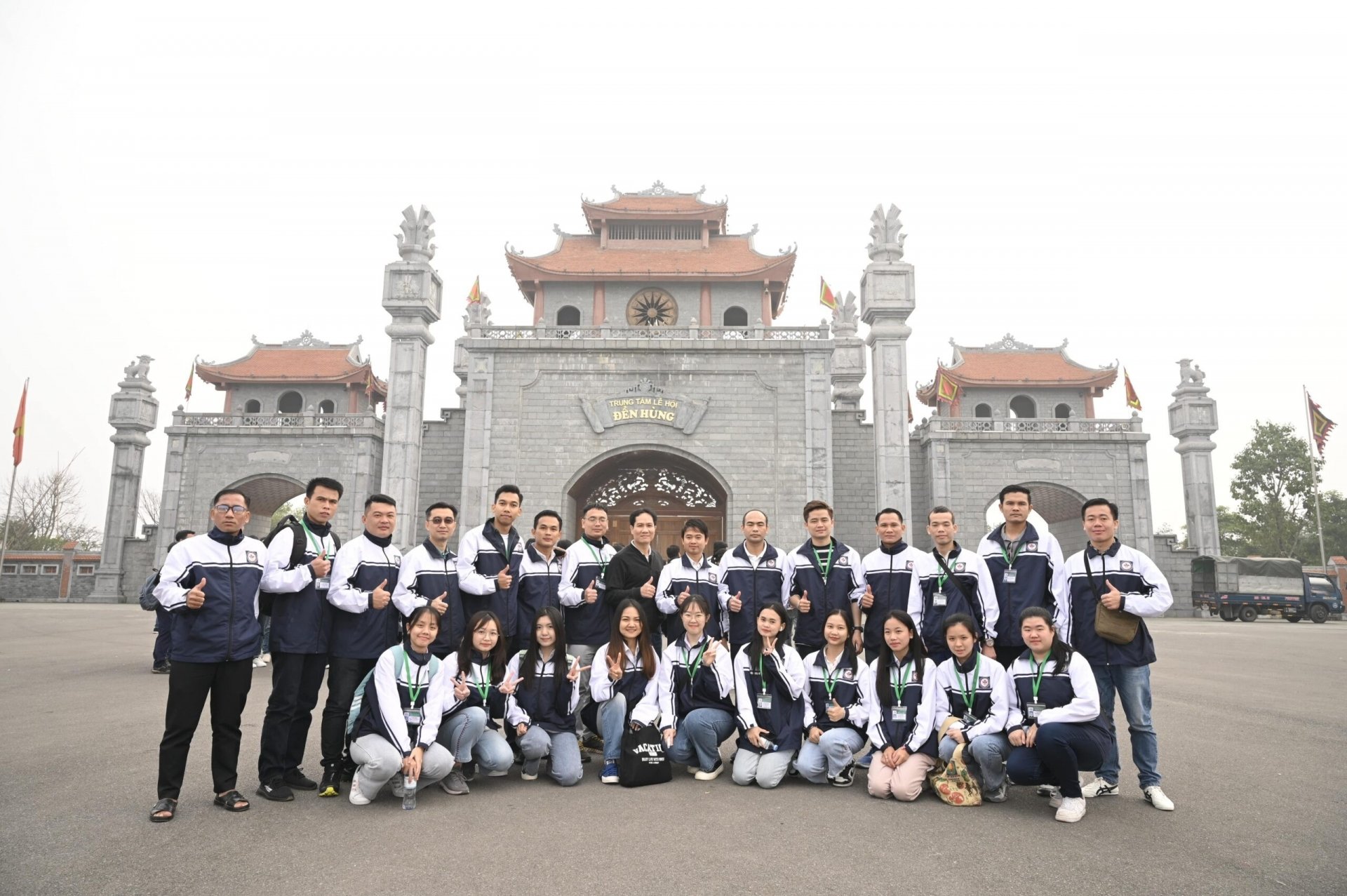











































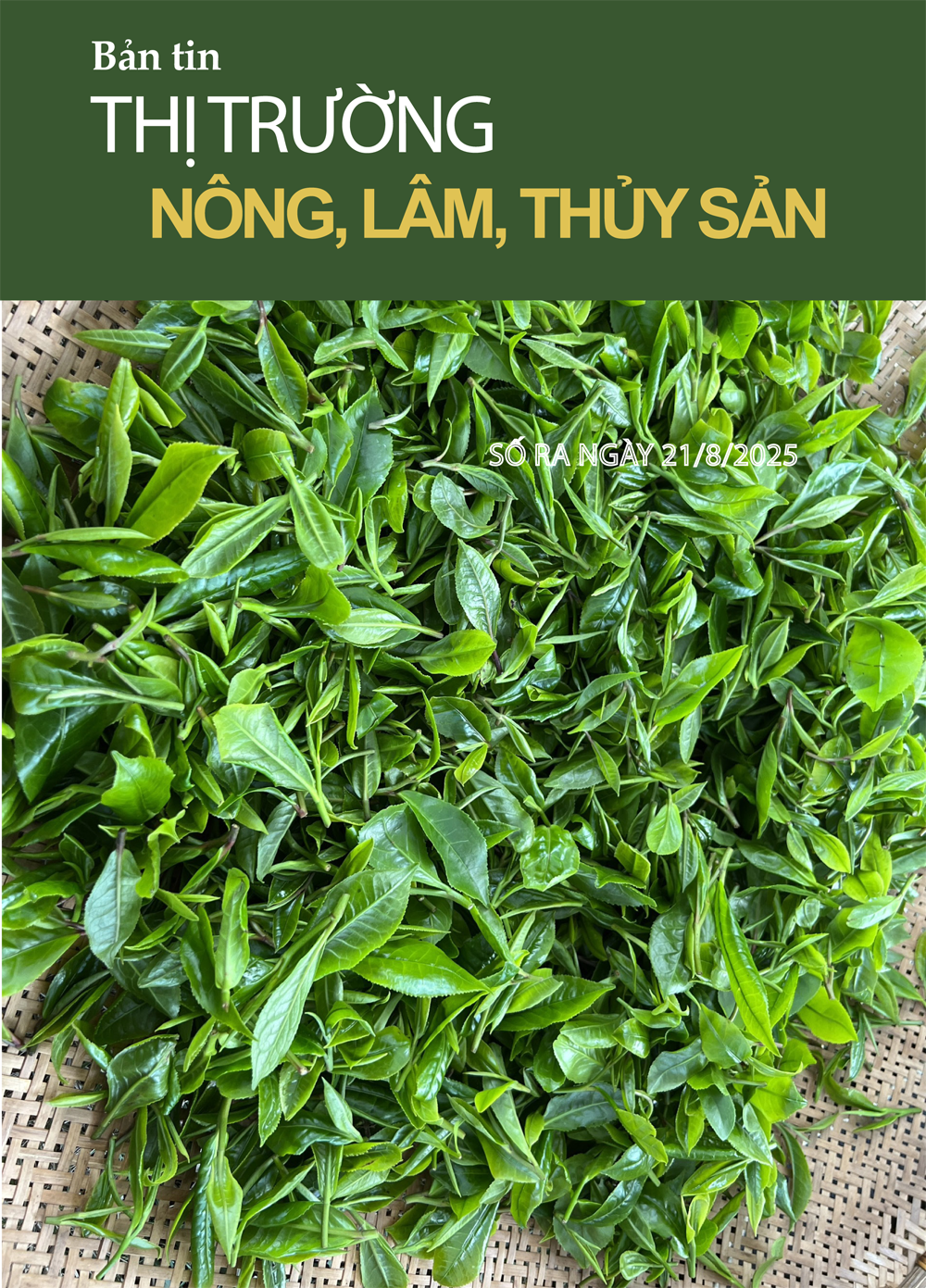






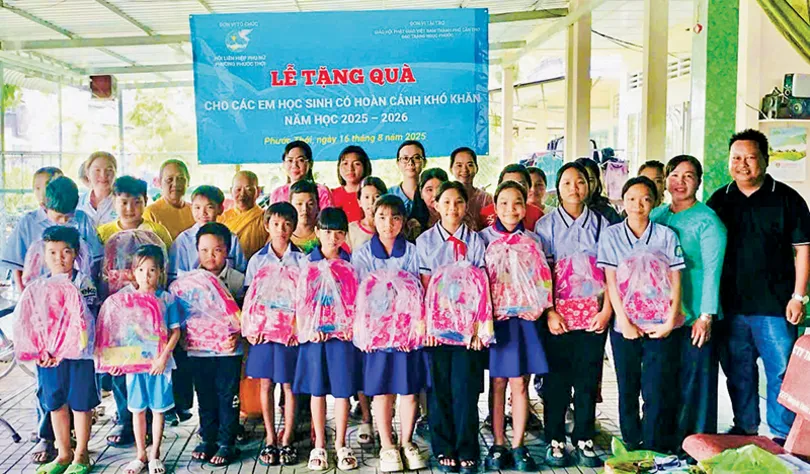
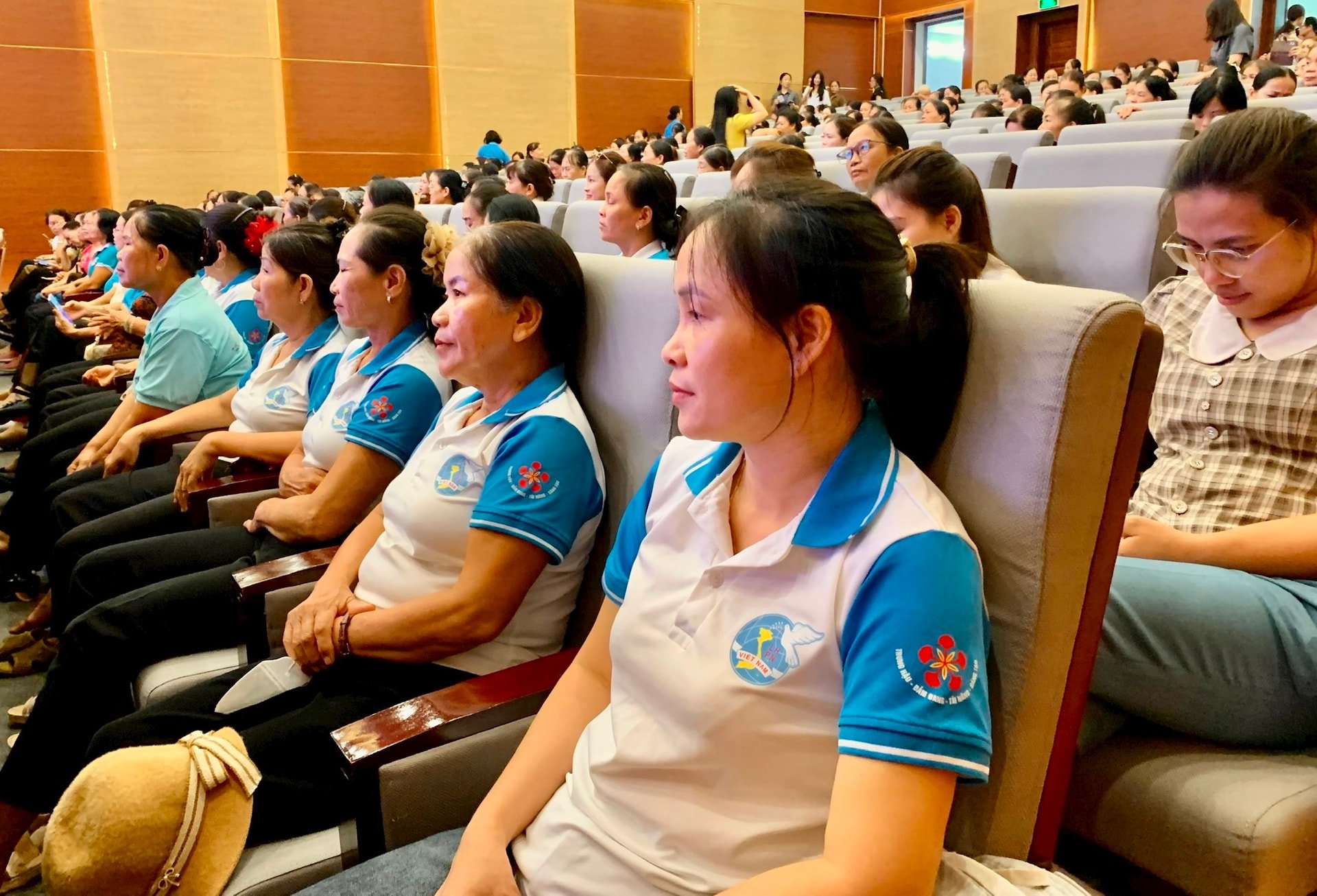


















Comment (0)